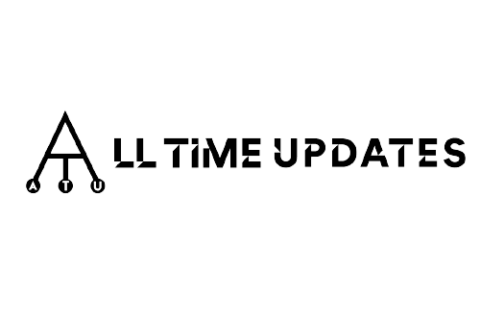C.W. Park USC lawsuit has thrown the university into the spotlight, with allegations spanning both sexual misconduct and academic fraud. Choong Whan Park, a former respected professor at USC’s Marshall School of Business, is at the center of this complex legal battle, whose actions raise serious questions about academic ethics and moral standards. Besides challenging the reputation of a prestigious institution, this case sparks a greater discussion about higher education’s accountability and reform needs. A pivotal moment for ensuring a safe and honorable academic community appears to be unfolding in the lawsuit against Park and USC.
The Genesis of the Allegations
C.W. Park and USC came under scrutiny when former student Jane Doe filed a lawsuit alleging Park sexually abused her over three years; her allegations suggested Park specifically targeted Korean-descended female students for sexual relations.
A different element of the lawsuit reveals academic fraud alongside these disturbing accusations. USC and Park are alleged to have engaged in fraudulent practices, including falsifying research data and manipulating study results. Academic research integrity and the ethical standards of those involved have been seriously undermined by these actions, purportedly aimed at bolstering their agendas.
Discover: Biscayne Yoga Park: Finding Serenity and Wellness
The Impact on USC and Academic Integrity
Choong Whan Park’s lawsuit casts a long shadow over the University of Southern California (USC), drawing attention to issues surrounding academic integrity as well as individual misconduct at both. As well as disgracing once respected faculty member’s name and raising serious oversight issues at USC.
The impact of these allegations goes beyond the courtroom for USC, an institution known for academic excellence. In response, the university has critically examined its policies and procedures concerning faculty conduct, student safety, and research integrity. For the academic community’s trust and to maintain scholarly standards, rigorous mechanisms are necessary to detect, prevent, and address misconduct.
Academic integrity across higher education is also affected by the lawsuit. Keeping ethical practices in research and creating a supportive and safe environment for students is paramount. Reaffirming a culture of integrity and respect within academia, universities nationwide are now compelled to reassess their policies and ensure they can handle similar allegations.
Legal Perspectives and Predicted Outcomes
The lawsuit against C.W. Park and USC presents a complex case, involving allegations of academic fraud and sexual misconduct, each with its own legal challenge. In the future, similar cases within higher education institutions could be handled differently if precedents are set against Park and USC.
Park’s allegations of sexual misconduct could bring with them significant legal ramifications, such as criminal and civil liabilities, for USC as a university and protect its students effectively in responding to incidents of misconduct and protecting students effectively. Higher education institutions typically face substantial monetary fines as part of settlement deals in such lawsuits.
Specifically, USC’s oversight of Park’s research will be scrutinized in light of academic fraud allegations. USC’s credibility could be seriously affected not just if Park’s allegations are proven, but also if the allegations are proven. A review and strengthening of the institution’s research governance structures may be required.
If Park is found guilty of the allegations, he will potentially face career-ending consequences, including a financial settlement for victims of sexual misconduct at USC. Additionally, the lawsuit’s resolution may encourage a broader cultural shift within academia, emphasizing ethical conduct and protecting all academics.
The Broader Implications for Higher Education
The lawsuit against C.W. reflects broader concerns about academic integrity and sexual misconduct within higher education than a single institution, reflecting broader concerns within higher education. It reminds universities to maintain rigorous oversight of academic practices, uphold ethical standards, and foster safe learning environments.
There are many implications for the academic community. In the first place, it emphasizes the necessity of clear, enforceable policies against misconduct. Accessible, transparent, and effective mechanisms must be in place to report and address grievances.
Secondly, the case emphasizes the importance of fostering a culture that prioritizes student wellness and safety. In academic settings, it prompts a reevaluation of authority and the responsibility of those in authority to act ethically and lawfully.
It may catalyze policy and legislative reforms to reinforce student protections and academic standards. This serves as a call to action for organizations to cultivate an atmosphere of integrity, respect, and accountability, not just comply with existing laws and regulations.
Last words
A lawsuit against C.W. The lawsuit represents an important step in addressing complex higher education issues. USC and other institutions struggling with similar challenges could benefit from its resolution. It serves as a stark reminder that personal conduct and academic endeavors must both adhere to the highest ethical standards.
Students, faculty, and society are putting their trust in the academic community by closely examining the evidence, engaging in informed discussions, and demanding accountability. As a result of this lawsuit, robust systems to prevent misconduct and promote an integrity-focused culture may be necessary in higher education.

